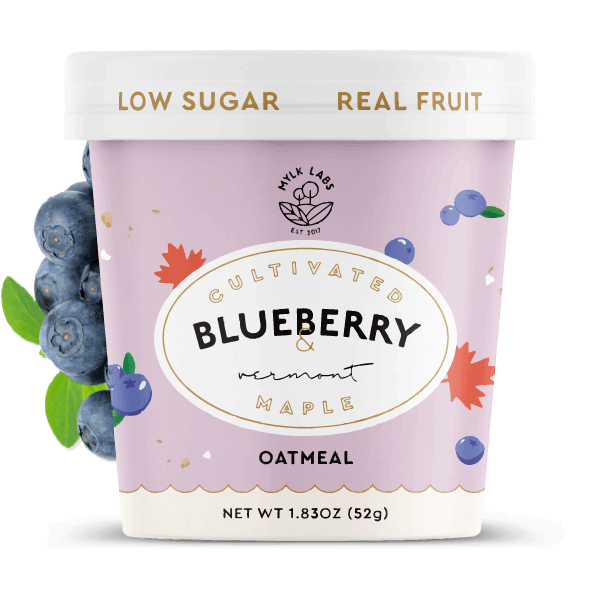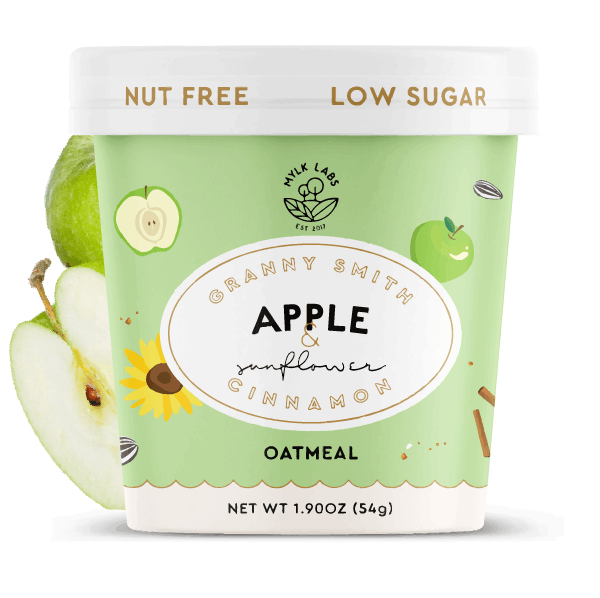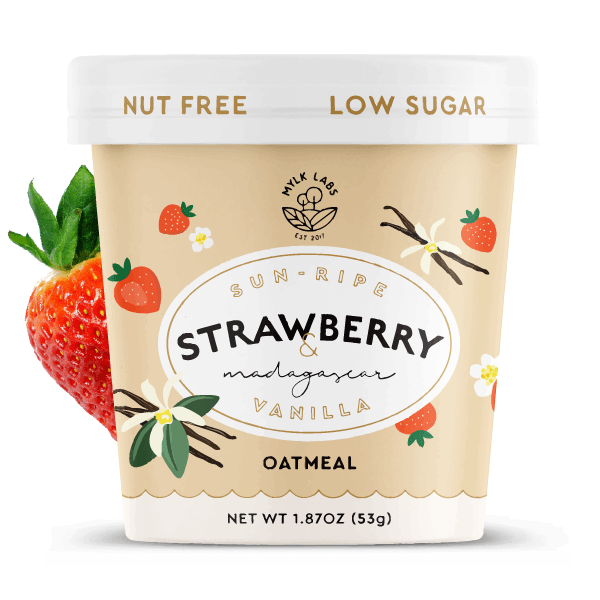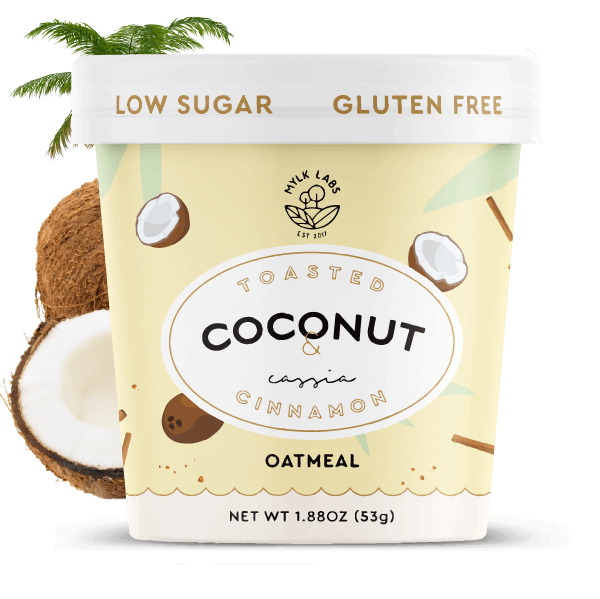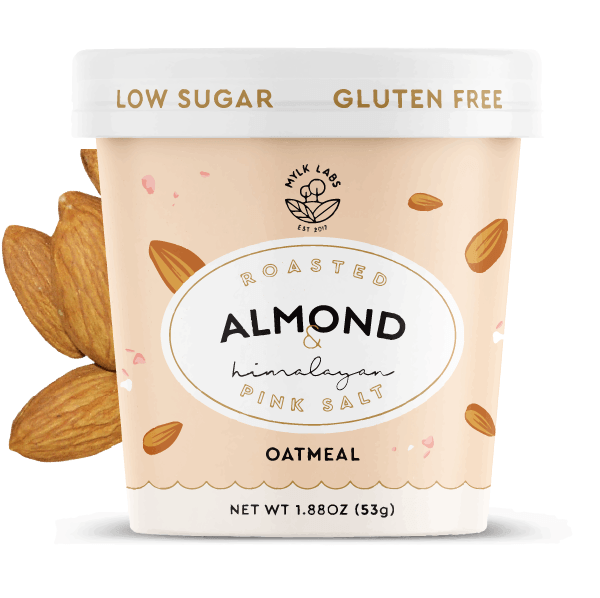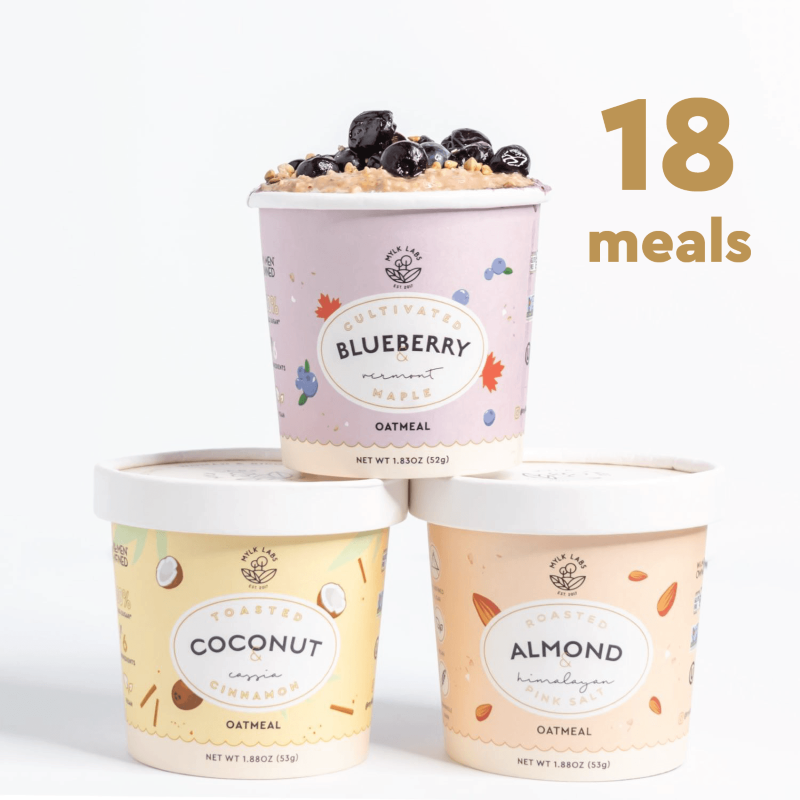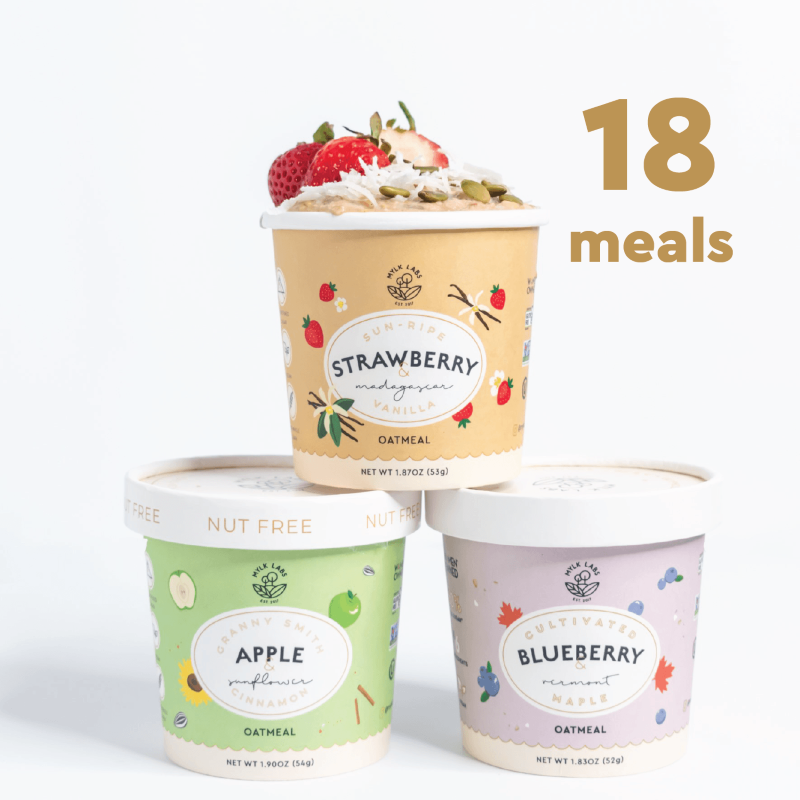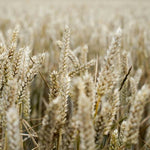It’s no secret that our holiday lifestyles often don’t go hand-in-hand with healthy ones. The delicious recipes associated with various holidays may endanger our normal, health-conscious habits.
Research has indicated that many people gain two to five pounds during the holiday season. Most people with a normal body mass index (BMI) can add about 2 pounds, while overweight people can add around 5 pounds. Much of this weight gain is the product of unhealthy holiday eating habits.

The ultimate Q: Is it possible to eat healthy while going to back-to-back family gatherings and friendsgivings?
The answer is: Yes, you can absolutely eat healthy during the festivities if you consider a few tips:
1. Eat and Drink in Moderation
Moderation is your saving grace during holiday festivities. You can enjoy festive meals, but ensure the meals are healthy and have a lot of nutrients.
For example: while we love our mac n' cheese and cream of corn, aim to fill your plate with vegetables and lean proteins to stay fuller longer instead of high-fat, nutritionally empty food choices.
2. Make Room for Vegetables and Fruits
Dietary recommendations outline that we should eat four to five servings of vegetables and fruits every day. You may struggle to eat enough fruits and vegetables during the holidays, but try to consume adequate amounts since they provide numerous health benefits.
Health benefits of fruits and vegetables include:
- Conserving your caloric intake. Most vegetables are low in calories and fat and don’t have cholesterol.
- Increasing your intake of potassium and fiber. Many Americans do not get enough of these nutrients.
- Protecting you from some types of cancers.
- Reducing your risk of developing cardiovascular conditions such as strokes and heart attacks.
3. Take a Break Before Going for Seconds
When you’re eating, it may take some minutes for your brain to register that you’re full. Don’t rush for more helpings once you finish the food that’s on your plate.
Take a break of about ten minutes after your first helping. Once this period elapses, you can recheck your appetite. You might realize that you’re not hungry for additional helpings.
4. Drink to Your Health
If you're trying to cut down on calories or have you gone to inpatient alcohol treatment because of an addiction, you might want to skip the spiked eggnog or sparkling wine at holiday celebrations.
A single cup of eggnog or hot chocolate can add hundreds of calories to your diet. If you drink a lot of eggnog or other beverages, it may lower your inhibitions, so you might be more tempted to eat more or drink more than you normally would.
5. Stay Away from the Food Table
When you are close to the food table, it’s hard not to focus on food. You might end up serving yourself repeatedly instead of enjoying other aspects of the party.
To avoid focusing on food even when you're stuffed, keep yourself busy by interacting with other guests, dancing, or doing other things. If you are susceptible to recreational eating, pop some gum or a mint into your mouth to avoid reaching for appetizers.
6. Stick to Your Regular Sleeping Patterns
Celebrations during the holidays can alter your sleeping patterns. While the adrenaline can make you lose sleep, try not to deviate from your typical sleeping patterns.
Irregular sleeping patterns can lead to various outcomes, including bad eating habits. People with irregular sleeping patterns consume more calories than people who receive adequate, regular sleep. Sleeping well can help you check your eating habits during the holidays.
7. Bring a Dish to the Party
If you're not sure if there will be any options that will fit your dietary restrictions, make something that's healthy to share with everyone. This could be anything that will satisfy you if it turns out there are no good choices. For example, a hearty salad, better-for-you appetizers or you can go all out and make an entree for everyone to enjoy.
It's a win-win situation because it guarantees you a healthy option while sharing a nutritious option with your friends and family!
8. Take Walks After Meals
Studies have found that taking a walk immediately after a meal can be more beneficial than doing it an hour after eating. Walking after meals has many benefits.
Activities such as walking provide exercise. It is easy to forget your exercise routine during the holidays. Walking after a large meal allows you to burn some of the calories you consumed during the festivities. Taking walks can also provide time to relax and aid your digestion.
9. Be Buffet Savvy
Buffets offer an array of tempting foods, so you might take more food than you need. Once you put a lot of food on your plate, you might end up overeating.
To avoid this, consider the various options available. You can walk around the buffet to see your choices before putting any food on your plate. Doing this can help you identify the foods that you really want and save space for them instead of grabbing everything without a second thought.

You might find it difficult to control what you eat during the holidays. The celebrations, joy, and stress related to the holidays might drive you to overeat. But excess calories can be bad for your health and so can neglecting some nutrients.
These tips could help you eat healthy and still enjoy the holidays.
-
Author Bio: Patrick Bailey is a professional writer mainly in the fields of mental health, addiction, and living in recovery. He attempts to stay on top of the latest news in the addiction and the mental health world and enjoy writing about these topics to break the stigma associated with them.
Sources
pubmed.ncbi.nlm.nih.gov - Effect of the Holiday Season on Weight Gain: A Narrative Review
heart.org - Fruits and Vegetables Serving Sizes Infographic
sunshinebehavioralhealth.com - Inpatient Alcohol Rehab | Alcohol Rehab Facilities
pubmed.ncbi.nlm.nih.gov - Dietary Nutrients Associated with Short and Long Sleep Duration. Data from a Nationally Representative Sample
ncbi.nlm.nih.gov - Walking Just After a Meal Seems to Be More Effective for Weight Loss Than Waiting for one Hour to Walk After a Meal











